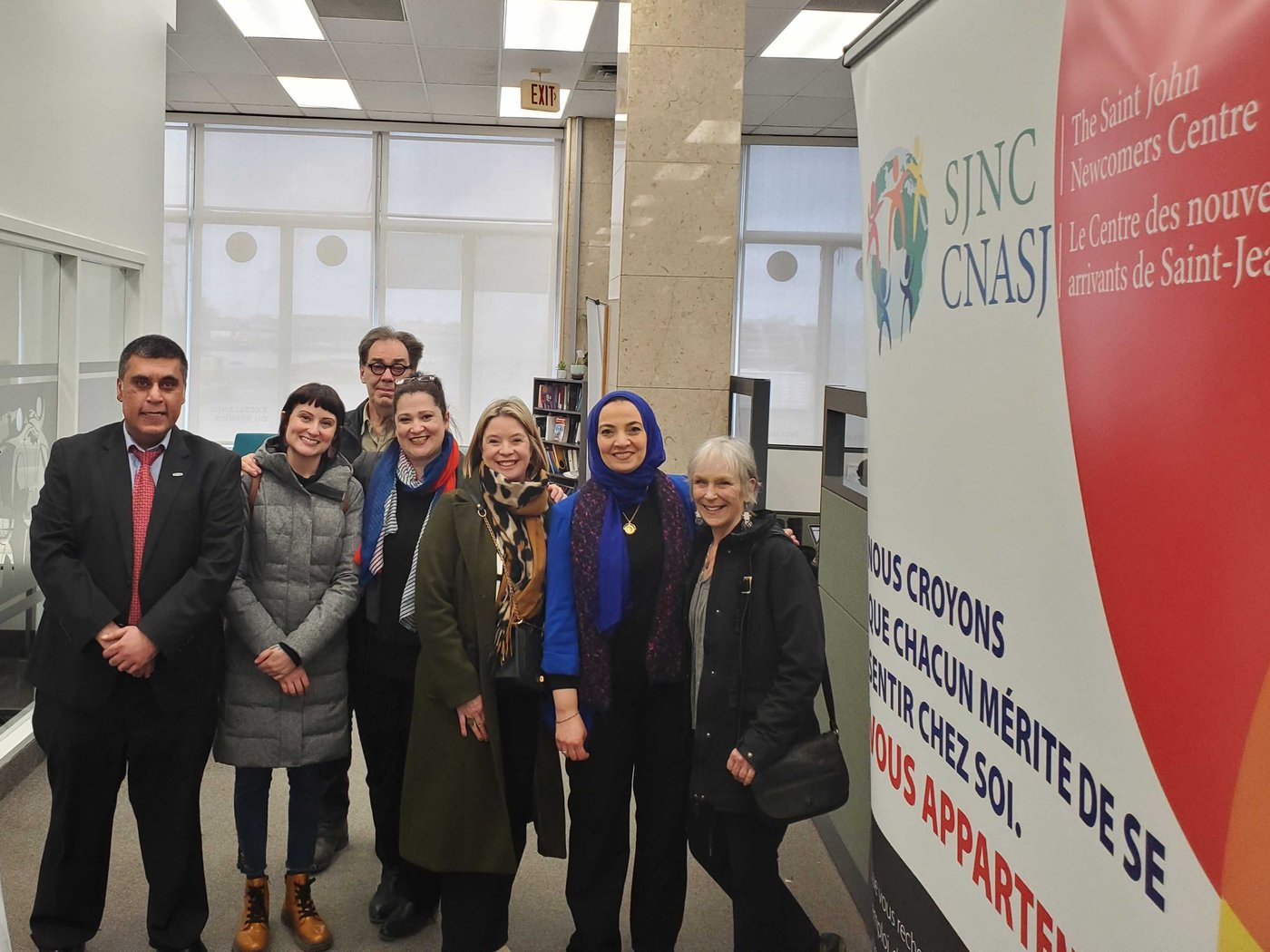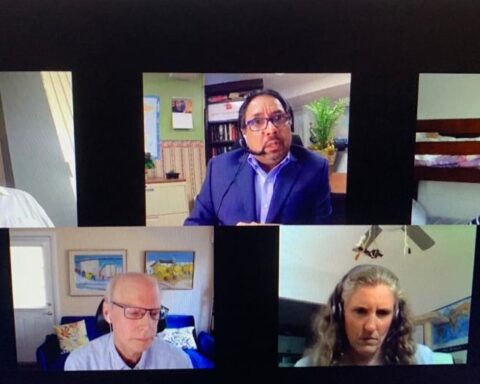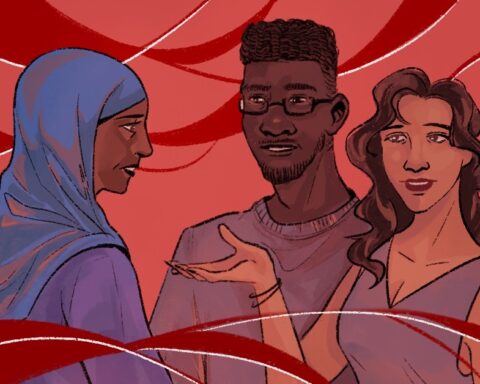By Andrew Bates, Local Journalism Initiative Reporter, Telegraph-Journal
For an immigrant with no experience with the Canadian legal system, a courthouse can be intimidating.
“Just walking into a courtroom, into this majestic building, it’s like a totally different experience, it’s like walking in through the airport all over again,” said Mohammed Bagha, managing director for the Saint John Newcomers Centre.
A program at the centre has connected more than 150 people with legal advice in its first year, and on Thursday it got a four–year, $740,237 funding boost from the federal department of justice. The Civil Rights and Contract Rights for Racialized Newcomers project offers free independent legal advice for low-income and racialized newcomers, including refugees, landed immigrants and permanent residents, according to a press release.
“We have seen great successes of people being able to access the legal system and be aware of the legal system rather than avoiding it through this project,” Bagha said.
He said the project helps offer legal services to people who wouldn’t qualify for assistance from the New Brunswick Legal Aid Services Commission, which helps cover “very high-need cases” like criminal and family law but not provincial tickets, real estate, immigration law or civil lawsuits. One of the big needs many newcomers have is notary services, Bagha said.
“If you need to get your documentation when you’re new to the country, everything needs to be notarized,” Bagha said. “Things like housing and things like that, there are agreements and leases that people have never been dealing with in their past life, and they come here and all of a sudden they get the legal document and legalese that needs to be signed, or it’s an immigration issue.”
The program connects clients with local lawyers or articling students, or those just out of law school, Bagha said. He said they’ve also partnered with UNB’s law school to deliver legal clinics.
“Lawyers embrace this. They saw that this is something they could give back to the community and serve a need, and they gladly stepped up,” said Janet Thompson-Price, an immigration lawyer with Atlantic Fusion Law and an advisory board member.
Thompson-Price said “there was a gap” before the program existed and people weren’t accessing the justice they needed.
“Before this happened, they didn’t know who they could turn to and there was a lack of trust coming from certain countries, you might not trust the authorities, you might not trust lawyers,” she said, adding that the newcomers centre helps introduce clients and lawyers and provides translation services, helping newcomers “feel much more at ease.”
Bagha said it’s “all about providing services with a cultural lens and cultural humility,” including adding infrastructure as the province’s demographics change.
“We are building the bridge, developing the bridge, creating access for newcomers but also creating access for the legal system to work with newcomers as well,” Bagha said.
Saint John-Rothesay MP Wayne Long said in a speech that the work the Newcomers Centre does is “transformational” and that the city is changing into a “vibrant city” that accepts newcomers.
“We know there’s lots of needs for newcomers in our community and certainly legal aid is one of them,” Long said.
“Professionally, this is one of the proudest things I’ve ever done, to be part of it, to see that people can access the justice they need,” Thompson-Price said, giving the hypothetical example of a woman facing domestic violence who may have had to continue to suffer.
“There is just such a need,” she said. “To see it be so successful already, it makes me so proud.”
The Local Journalism Initiative supports the creation of original civic journalism that is relevant to the diverse needs of underserved communities across Canada, broadening availability and consumption of local and regional news on matters of civic governance. Launched by the Government of Canada in 2019, the Local Journalism Initiative provides news organizations with funding to hire reporters to cover underserved communities.




